Foreword
Culminating a four-year period of sustained growth and productivity, 2019 has been a record year in our performance as an institution. Over that period, the total number of papers published, many of them in first-quartile journals, has increased by 20%. The number of new projects obtaining funding has increased by almost 40%, and our total funding by more than 50%. According to the most recent SCIMAGO indicators, ISGlobal is in the top 10% of research centres worldwide and among the leading global health centres in Europe. Our translation and education activities showed similar positive trends, evidenced by our consistent ranking among the ten best global health think tanks in the world (second in Europe) and the more than 700 students we trained this year. Other key achievements for the year include the final implementation of the Institute’s career-track model, the first external evaluation of our Faculty since the merger, and an initial round of promotions for candidates from six research programmes.
In recognition of all of this hard work, ISGlobal was awarded Severo Ochoa accreditation, a distinction that brings with it additional funding to implement a strategic programme aimed at reinforcing excellence and innovation. ISGlobal’s commitment to developing three new cross-cutting areas—in data science and artificial intelligence, digital health and impact assessment, and implementation science—has thus been rewarded. Our future trajectory will be charted by the development of these three new areas and by a multidisciplinary approach aimed at intensifying collaboration between existing
research programs. We are very grateful to Manolis Kogevinas, director of the ISGlobal Severo Ochoa programme, for his successful leadership and full deployment of the proposal.
To take advantage of the current momentum, we have approved a new four-year Strategic Plan that will build on the Severo Ochoa programme, extending its scope to the whole organisation to enhance its impact and reinforce the excellence of our endeavours.
As we close this foreword, the world has been hit by the COVID-19 pandemic. Although the full impact of this unprecedented health and socioeconomic crisis cannot yet be fully assessed, our mission and capacities have allowed us to ensure a proactive, productive and visible response to the pandemic in all our areas of activity. We would like to take this opportunity to thank all the teams who have worked against the clock with an extraordinary level of cohesion and cooperation. Our task now is to ensure the continuity of our planned activities and commitments, while also preparing to meet future challenges and take advantage of new opportunities.
Last but not least, in December, the Board approved Josep M Antó’s request to step down as Scientific Director. After a long career as researcher and leader of scientific institutions, he will now dedicate himself full time to promoting planetary health. He has been succeeded by Denise Naniche, co-director of the Viral and Bacterial Infections Programme, whose appointment brings new opportunities and contributes to the generational renewal and gender balance of the Institute’s leadership. We are very grateful to Denise for her commitment to ISGlobal and for accepting this new responsibility.
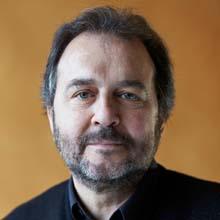
Antoni Plasència
GENERAL DIRECTOR
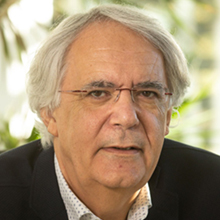
Josep M. Antó
SCIENTIFIC DIRECTOR

Antoni Plasència
GENERAL DIRECTOR

Josep M. Antó
SCIENTIFIC DIRECTOR
Culminating a four-year period of sustained growth and productivity, 2019 has been a record year in our performance as an institution. Over that period, the total number of papers published, many of them in first-quartile journals, has increased by 20%. The number of new projects obtaining funding has increased by almost 40%, and our total funding by more than 50%. According to the most recent SCIMAGO indicators, ISGlobal is in the top 10% of research centres worldwide and among the leading global health centres in Europe. Our translation and education activities showed similar positive trends, evidenced by our consistent ranking among the ten best global health think tanks in the world (second in Europe) and the more than 700 students we trained this year. Other key achievements for the year include the final implementation of the Institute’s career-track model, the first external evaluation of our Faculty since the merger, and an initial round of promotions for candidates from six research programmes.

